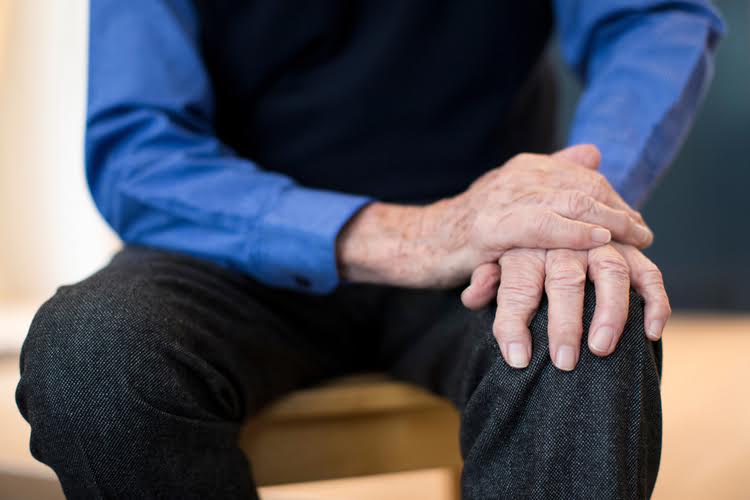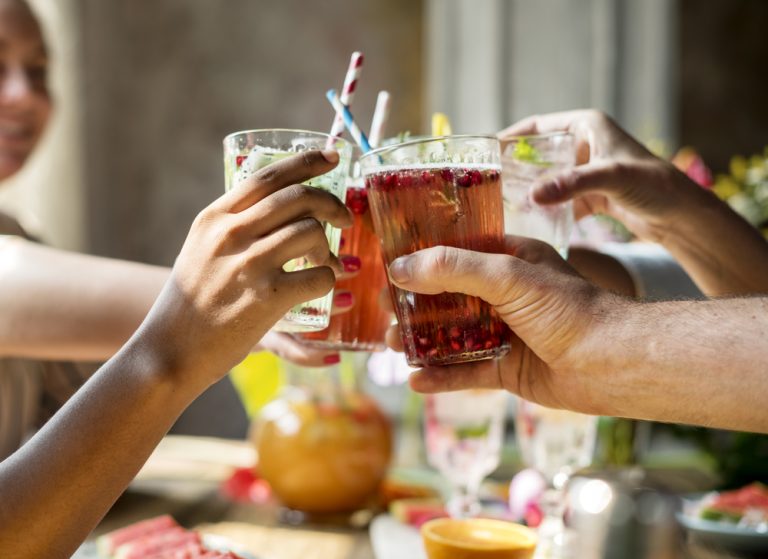There are options for medications to help alleviate withdrawal symptoms. In some cases, you may need medical supervision during the detox process. Take time to contact friends and family who will support you in your goals. You might also want to let those friends who drink, use drugs, or engage in addictive behaviors know that you are planning to change.
National Institute for Occupational Safety and Health (NIOSH)
- — The owners of two of these facilities in Huntington are facing a federal lawsuit which alleged they stole millions of dollars from the government.
- Though addiction recovery is challenging, addiction is treatable.
- As a result, patients are able to handle stressful situations and various triggers that might cause another relapse.
SAMHSA’s working definition of recovery defines recovery as a process of change through which individuals improve their health and wellness, live self-directed lives, and strive to reach their full potential. Recovery signals a dramatic shift in the expectation for positive outcomes for individuals who experience mental and substance use conditions or the Sober House co-occurring of the two. “If we have a dual-diagnosis client where they have substance abuse issues as well as mental health issues, if we don’t stabilize the mental health, they’re not gonna stay clean,” she said. The group opened its first house in 2022, and now operates nine houses, including a safe house for domestic violence and trafficking victims.
Women and Alcohol
You may learn mindfulness techniques to stay present, preventing them from controlling you. Withdrawal from different categories of drugs — such as depressants, stimulants or opioids — produces different side effects and requires different approaches. Detox may involve gradually reducing the dose of the drug or temporarily substituting other substances, such as methadone, buprenorphine, or a combination of buprenorphine and naloxone. Methadone Anonymous is a similar 12-step program that acknowledges the value of maintenance therapy with methadone or Suboxone (buprenorphine/naloxone) for recovery. Volunteer, become active in your church or faith community, or join a local club or neighborhood group. Think of a sandy beach, or a fond memory, such as your child’s first steps or time spent with friends.
& Behavioral Health Crisis Coordinating Office (BHCCO)
Sustained remission is applied when, after 12 months or more, a substance is no longer used and no longer produces negative life consequences. Many types of recovery support are available, and many people make use of more than one type at any time and may shift from one type of support to another as recovery proceeds and needs evolve. An increasing number of high schools and colleges offer addiction recovery resources (CRPS, or Collegiate Recovery Programs) for students, including mentors, workshops, dedicated lounges, and group meetings and activities. Below is a sampling of many types of support that can be found. There are some friends who are better left behind—those who are linked to the addictive experience. People in the throes of addiction are not capable of the best form of friendship.

National surveys reveal that only about one-third of individuals with AUD attempt to quit drinking each year. Of those who do attempt, merely 25 percent achieve success in reducing their alcohol intake for more than a year. Group therapy sessions dedicated to goal setting help individuals define their aspirations, both in the short-term and long-term. Setting achievable goals and celebrating successes, no matter how small, can be incredibly motivating. Hazelden Betty Ford is proud to be recognized by various insurance providers for our leadership, best practices, research, support and training in the addiction field.

Whatever the method of delivery, seek immediate medical care after using naloxone. Take the assessment and get matched with a professional, licensed therapist. Yes, pets are a responsibility, but caring for an animal makes you feel loved and needed. You can also talk to a doctor about medications that can help you cope with the symptoms of withdrawal. Medications can sometimes be helpful in both the short term and the long term.
What is needed is any type of care or program that facilitates not merely a drug-free life but the pursuit of new goals and new relationships. There are many roads to recovery, and needs vary from individual to the next. Others do well on their own making use of available community resources. The process of recovery is highly personal and occurs via many pathways. It may include clinical treatment, medications, faith-based approaches, peer support, family support, self-care, and other approaches. Recovery is characterized by continual growth and improvement in one’s health and wellness and managing setbacks.
- Get the latest announcements on SAMHSA’s effort to address recovery support.
- Our outpatient mental health services are available to the general community as well to address issues related to anxiety, depression, trauma, loss, grief or other behavioral and mental health conditions.
- • Connection—being in touch with others who believe in and support recovery, and actively seeking help from others who have experienced similar difficulties.
- But some triggers can’t be avoided, and, further, the human brain, with its magnificent powers of association and thinking, can generate its own.
- “And you know it took me a whole lot of time to rebuild my life and really do the work on myself that I needed to stay clean and sober,” she said.
- Therapy can also address family dynamics, whether mending relationships or developing healthier communication skills.
- An overdose happens when the person uses enough of a drug to produce uncomfortable feelings, life-threatening symptoms, or death.
- The care you need depends on a variety of factors, including your age, drug-use history, medical or psychiatric conditions.
- The chronic nature of addiction means that relapsing is often part of the quitting process.
When a person goes into treatment, it isn’t just a case of fixing the problem person. The change destabilizes the adaptation the family has made—and while the person in recovery is learning to do things differently, so must the rest of the family learn to do things differently. Otherwise, their behavior is at risk of cementing the problem in place. Peer or mutual support is not restricted to AA or NA; it is available through https://capitaltribunenews.com/top-5-advantages-of-staying-in-a-sober-living-house/ other programs that similarly offer regular group meetings in which members share their experiences and recovery skills. SMART Recovery is a secular, science-based program that offers mutual support in communities worldwide as well as on the internet and has specific programming for families. All Recovery accommodates people with any kind of addiction and its meetings are led by trained peer-support facilitators.
Many of our family services are free and available to the general community, regardless of whether you seek out our drug treatment services. Oregon’s court-mandated Driving Under the Influence of Intoxicants (DUII) diversion program is also offered at our outpatient treatment facility in Beaverton. Referral by an Alcohol and Drug Evaluation and Screening Specialist (ADES) is required to participate in this drug treatment programming option, which can incorporate IOP or other outpatient sessions based on your situation. Hazelden Betty Ford Foundation’s outpatient drug rehab and mental health clinic is located seven miles west of downtown Portland, Oregon, in the city of Beaverton.
Deixe um comentário